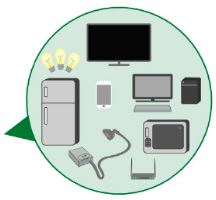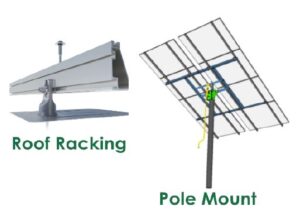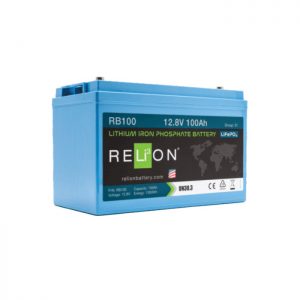Off Grid Site Assessment
Off Grid Site Assessment
Before choosing the off the grid lifestyle, it is important to determine if an off-grid system can cost effectively provide the power you will need. Use this off grid site assessment to think through some of the key decisions about powering away from utility lines, and to help you decide if going off grid is the right solution for you.
General Project Questions
 Is this a full-time residence?
Is this a full-time residence?- This will impact how much energy storage you need and may influence your choice of battery technology and chemistry.
Have you calculated the power usage for all your loads?
- It is critical to know your accurate power usage to ensure that your system is sized correctly. This includes accounting for your ‘worst-case’ energy usage scenario. This means nothing your highest load usage during the lowest solar production months of the year. Use our load sizing worksheet to help calculate your power use so your system can generate and store the power you need.
Have you reduced your reliance on large electric appliances and heating?
- If your off-grid power use includes any large electrical loads, it may be cost prohibitive to be your own power company. If it is not possible for you to reduce your need for your high consumption electrical appliances (typically heat, hot water, cooking), it may be more cost effective and wise to bring utility power to your site.
Do you have enough sun exposure for solar?
- If not, it may be better to have an energy storage and generator system installed instead.
Solar Array Orientation
 If your solar array is going to be roof mounted:
If your solar array is going to be roof mounted:- This will impact how much energy storage you need and may influence your choice of battery technology and chemistry.
- Does the building for your solar array have a roof that faces south? A building with a roof facing east or west may also work.
- Is the southern facing roof free from obstructions like vents, chimneys and skylights that will limit how many solar panels will fit?
- This will impact how much energy storage you need and may influence your choice of battery technology and chemistry.
- If your solar array is going to be ground mounted:
- Is there a space on your property clear of obstructions with southerly exposure?
- Can the ground mount structure be reasonably near to the building? The further the mount is from your home the higher the costs for trenching and electrical conduit.
- Have you researched your local code requirements for a ground mounted array?
- If your solar array is going to be ground mounted:
Power Storage
Do you have a place to store batteries where they will be protected from the elements?
- This includes space for your batteries, inverter, charge controllers, and breakers.
Is there a specific type of battery chemistry that interests you?

- If not, we are here to help you find the best solution for your application.
- If your off-grid site is for occasional use, you may want to choose a maintenance-free battery for your energy storage. Read: Deep Cycle Batteries for Off Grid
- If flooded batteries are best for your project, you will need a place outside your living space to store them, such as in a garage, where they can be vented and away from any potential ignition sources.
Do you already have a generator for supplemental charging of your batteries?
- We typically suggest a generator capable of auto starting so that it automatically turns on when needed, but a manual start generator may also work.
Is stable internet service available?
- Some off-grid solutions allow you to monitor and control your system remotely. This is not only a helpful feature if you’re away from your property, but it also means FMS can assist you with programming and troubleshooting if you need it.
When you’ve checked all your bullet points, chances are that you are ready to discuss going off grid!

